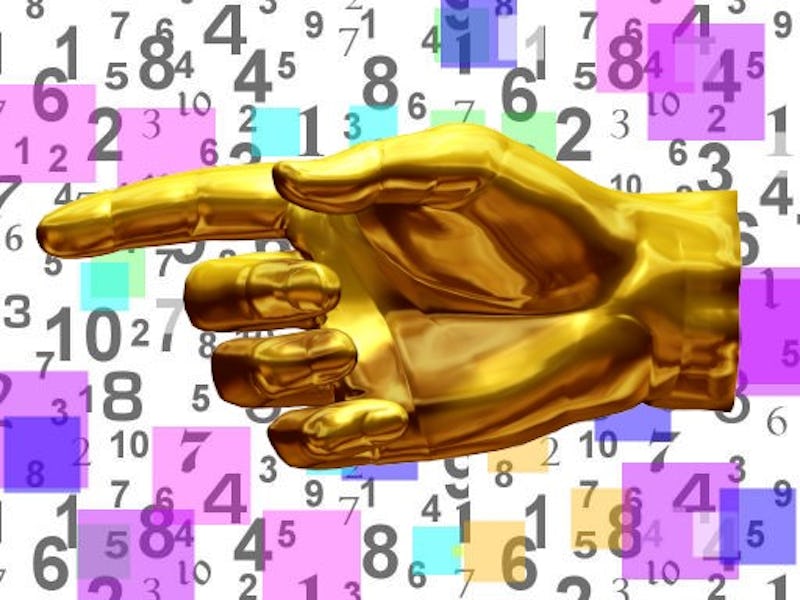Six-fingered people exemplify why an extra digit means a better hand
Some polydactyly people have "superior" abilities.

Though Elon Musk’s neuralink brain network is a step towards true human-computer fusion, 2019 is coming to a close and humans are still, for the most part, made of organic material. But if we ever do decide to enhance our bodies with technology, we might be better off focusing on our hands before our brains.
That’s because having five fingers is old news. It would likely be better, according to a June case study published in Nature Communications, to have six. That hypothesis is based on the experiences of two individuals, a 52-year-old mother and her 17-year-old son, both of whom have an extra digit on each hand between their pointer finger and thumb.
This is #15 on Inverse’s list of the 25 Most WTF science stories of 2019.
Having six fingers can come with some sweet advantages: In this case, their extra digits were so dextrous that they worked like extra thumbs. It allowed them to tie sneakers with one hand, and otherwise perform tasks that would usually take a five-fingered person two.
The subjects in this case study could all use their extra fingers like an additional thumb.
According to Carsten Mehring, a professor at the University of Freiburg and the study’s first author, these extra fingers worked easily with the other five digits and on their own, making “manipulation extraordinary versatile and skillful.”
Having six fingers also embued these subjects with advanced dexterity and unique changes to their brains. Brain imaging showed that their brains had recruited separate neural resources to manage that finger, without losing any other abilities elsewhere.
Taken together, the authors suggest that if we wanted to augment our hands with an extra finger somehow, we may actually have the capacity to control it in our brains. In fact, based on their results, Mehring and colleagues argue that we really should make these changes robotically and live in a world with artificial supernumerary fingers.
They also note that the “superior abilities” of their polydactyly subjects suggest that doctors should consider how beneficial a sixth finger could be before they remove it from new infants. While estimates vary, it’s suggested that one person out of every 700 to 1,000 live births have an extra appendage.
Unfortunately, before we can achieve the six-fingered dream, there’s one snag. Because these people had their extra digits since birth, it’s unclear how the rest of us might adapt. For now, though, it gives us a better idea as to why Christopher Guest hung on to his six-fingered glove, and still puts it on every five years or so.
As 2019 draws to a close, Inverse is counting down the 25 science stories from this year that made us say “WTF.” Some are incredible, some are icky, and some are just plain strange. This has been #15. Read the original article here.